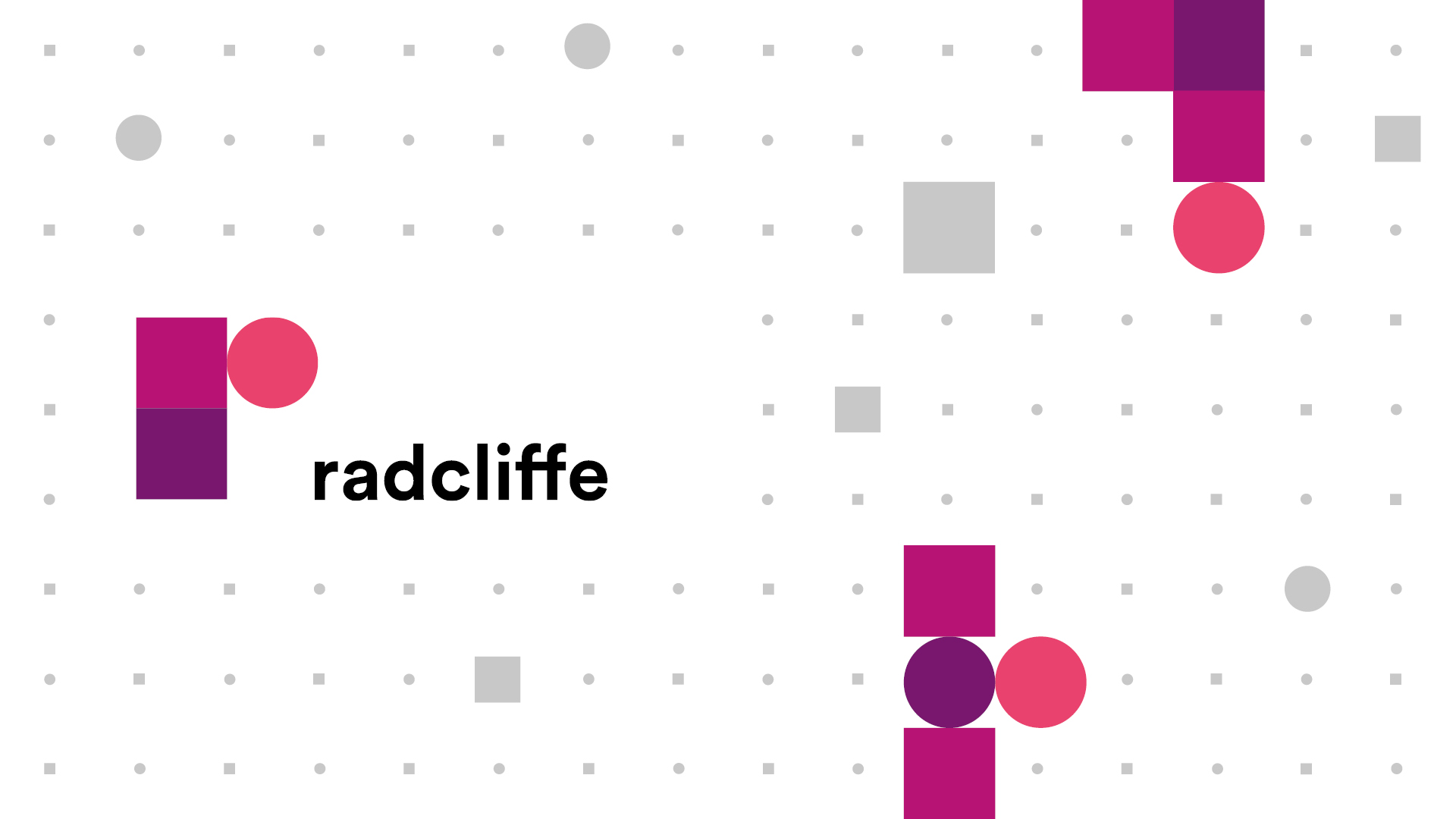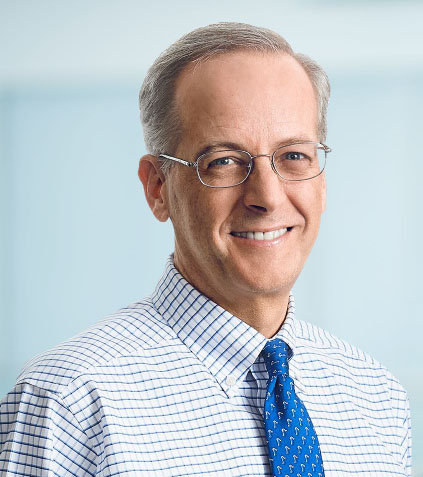DOACs: 60 Second Insights
Published: 18 June 2018
-
Views:
 9
9
-
Likes:
 7
7
-
Views:
 9
9
-
Likes:
 7
7
-
 Up Next
Up Next -
 Part 1 | Session 2 What factors influence your choice of DOAC?
Part 1 | Session 2 What factors influence your choice of DOAC? -
 Part 1 | Session 3 Do you have a DOAC you prescribe more frequently?
Part 1 | Session 3 Do you have a DOAC you prescribe more frequently? -
 Part 1 | Session 4 What are the most important anticoagulation clinical trials?
Part 1 | Session 4 What are the most important anticoagulation clinical trials? -
 Part 1 | Session 5 Do you have a DOAC of choice?
Part 1 | Session 5 Do you have a DOAC of choice? -
 Part 1 | Session 6 How important are reversal agents? - Christoper Cannon
Part 1 | Session 6 How important are reversal agents? - Christoper Cannon -
 Part 1 | Session 7 How important are reversal agents? - Moussa Mansour
Part 1 | Session 7 How important are reversal agents? - Moussa Mansour -
 Part 1 | Session 8 Are you once-daily or twice-daily? - Christopher Cannon
Part 1 | Session 8 Are you once-daily or twice-daily? - Christopher Cannon -
 Part 1 | Session 9 Are you once-daily or twice-daily? - Moussa Mansour
Part 1 | Session 9 Are you once-daily or twice-daily? - Moussa Mansour -
 Part 1 | Session 10 Is RCT or real-world data more important to you? - Christopher Cannon
Part 1 | Session 10 Is RCT or real-world data more important to you? - Christopher Cannon -
 Part 1 | Session 11 Is RCT or real-world data more important to you? - Moussa Mansour
Part 1 | Session 11 Is RCT or real-world data more important to you? - Moussa Mansour
Overview
Christopher Cannon and Moussa Mansour share their thoughts on DOACs in a series of 60-second interviews
More from this programme
Part 1
DOACs
Faculty Biographies

Christopher P Cannon
Professor
Personal History
Dr. Cannon grew up in the small village of Ridgewood in New Jersey, US. His father, Dr. Paul Cannon, was a cardiologist and headed the Department of Cardiology at Columbia University in New York for 13 years. He is an avid skier, having been the captain of the Yale University alpine ski team during his undergraduate years.¹
Academic History
Dr. Cannon studied at Yale University in Connecticut, where he graduated in 1982 with a Bachelor of Arts degree. He then went to study medicine at Columbia University Vagelos College of Physicians and Surgeons in New York; a school where his father was once the head of the Department of Cardiology. He graduated in 1986 with a Doctor of Medicine degree, then moving on to a three-year internal medicine residency at Columbia Presbyterian Medical Center.²
During his residency at Columbia, Dr. Cannon discovered that he was more interested in research and began building his reputation; firstly by…





